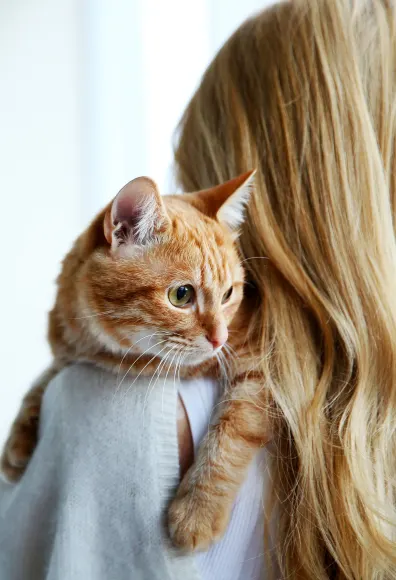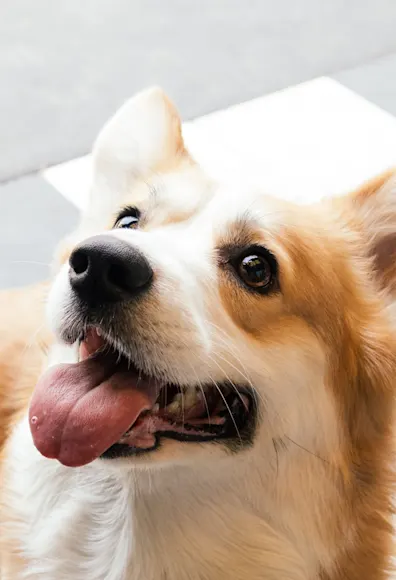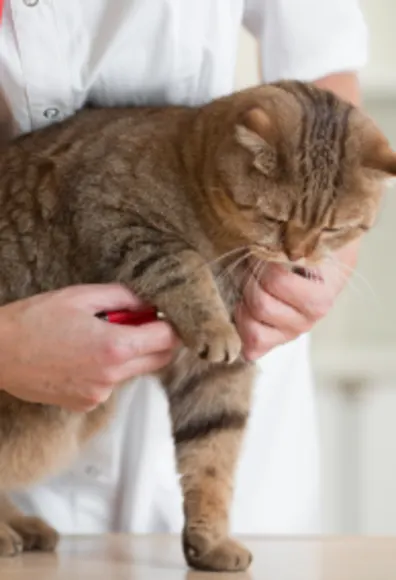State Street Animal Clinic





Belvidere’s Trusted Veterinary Clinic
We treat your pets like the valued family members they are.
If you live in Belvidere or the surrounding area and need a trusted veterinarian to care for your pets – look no further. Our veterinarians treat all types of pets. Your pets’ health and wellbeing are very important to us, and we take every possible measure to give your animals the care they deserve.
State Street Animal Clinic is a full service animal hospital and welcomes both emergency treatment cases as well as pet patients in need of routine medical, surgical, and dental care. Our veterinarians have years of experience treating serious conditions and offer regular pet wellness care. Beyond first rate pet care, we make our clinic comfortable, kid-friendly, and calm, so your pet can relax in the waiting room and look forward to meeting our Belvidere veterinarian.
We are happy to offer a number of resources that enable you to learn about how to take better care of your pets. Please feel free to browse our site, particularly the informational articles. The best veterinary care for animals is ongoing nutrition and problem prevention, so becoming knowledgeable about preventative pet care is essential to the ongoing success of your animal’s health. If you have any questions, call (815) 544-0751 or email us and we'll promptly get back to you. Our Belvidere veterinarian office is very easy to get to -- and you can find directions on our Contact Us page! We also welcome you to subscribe to our newsletter, which is created especially for Belvidere pet owners.
Client Reviews & Testimonials
We value our clients’ experience at State Street Animal Clinic. Here’s what some of your neighbors are saying about us.
I have been with this clinic for over twenty years now. They will always find the time to get your pet in if they are in trouble. Plus the vets talk to one another so you are getting two vets to decide the care of your pet. They always try the easiest way to solve a situation. They have very reasonable prices.
Sarah S.
I have been coming here for almost 30 years. I have never been anything but happy. From Dr. Frost to his son and All the others that have retired. To the new staff. From the receptionist to the assistants, tech, and current vet staff these are wonderful people.
Greg D.
We finally found a great vet. Took time to listen to our request and took the time to make friends with the dog before attempting any exams! This dog doesn't care for exams, but this one went well.. He's a 140 lb Rottweller. Thanks again for your fantastic service!!
CR S.





